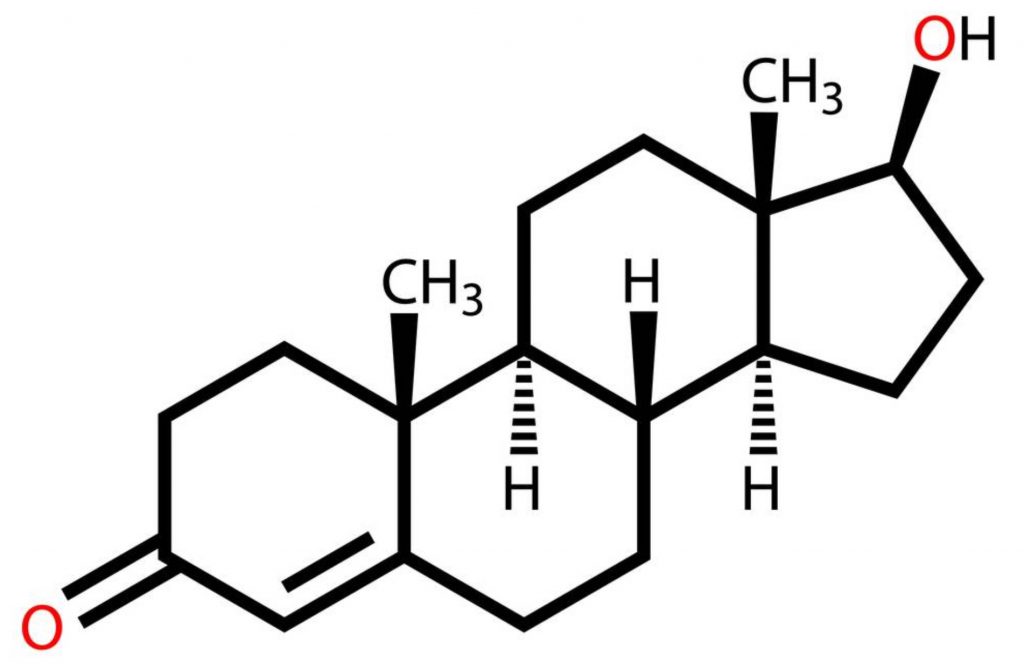
Testosterone is a male sex hormone produced in the testes (and to a lesser extent the adrenal glands) and is largely responsible for muscle hypertrophy and increasing strength, as well as regulating bone density, red blood cell count, libido and many other processes related to health and fitness. Testosterone is not exclusive to men and women also produce the hormone in their ovaries and adrenal glands, although at somewhat lower levels.
Factors affecting Testosterone
Unfortunately, production of testosterone decreases with age. It’s often see with an onset around 25-30 years associated with a 1% decrease per year resulting in decreased muscle tissue synthesis, lower fertility and increased fat mass. There are multiple other factors which may decrease testosterone production prematurely, including weight gain, poor diet, stress levels and sleep. Sleep has a significant impact on Testosterone levels. Getting only 5 hours of sleep a day results in a decrease of up to 15%. Stress also negatively affects testosterone production. When under stress, the body produces another hormone known as cortisol. Elevated cortisol levels result in a subsequent decrease in testosterone. The impact on mood can also lead to the development of bad eating habits and poor sleep routines. These factors can further lowers testosterone. Avoiding stressful situations and employing stress relief techniques such as meditation can help to reduce cortisol.
Increasing Production Through Exercise
Luckily, there are many options to help promote testosterone production. Resistance training is one of the best methods to increase your levels, with high-volume, moderate to high-intensity training shown to produce optimal improvements in hormone levels, strength and muscle hypertrophy. Along with the type of workout, when you exercise can also have an impact. Working out later in the evening is associated with greater increases in testosterone levels. It may also lead to a better workout, as your muscles will be warmed up due to daily activity.

Image Credit: Sharon Christina Rørvik
Supplementation
Research into testosterone replacement therapies has also produced many medically approved alternatives to combat naturally shrinking production. These include gels, injections and patches which are all readily available. Rather than directly introducing testosterone, some therapies focus on manipulating the endocrine pathways which lead to production. Human Chorionic Gonadotropin (hCG) is a hormone which structurally resembles Luteinizing hormone (LH), which stimulates testosterone production in the body. The pituitary gland produces LH normally during sleep. By influencing hCG levels via diet or injection, it is possible to enhance your testosterone health and improve performance throughout the day, without altering your sleeping pattern. Further lifestyle changes such as losing weight and dietary vitamin and mineral supplementation have all been associated with higher Testosterone levels, greater muscle mass, and better general well-being.
Testosterone has a major impact on your fitness. And some of the ways you may be reducing your gains can go easily unnoticed. However, with just a few small changes it can be possible to see large increases, not only in your physical performance but your general health as well. There are also many websites online there that offer a wealth of information, including https://testosteroneland.com, so make sure you take time out to do your own research and keep well informed.
Be sure to keep working hard, but don’t forget that in some cases, doing nothing can produce the best results.










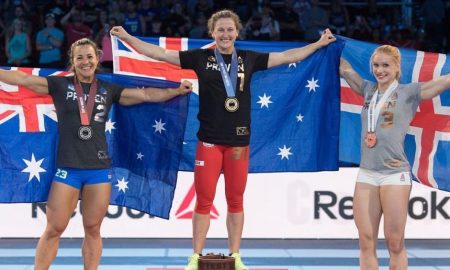
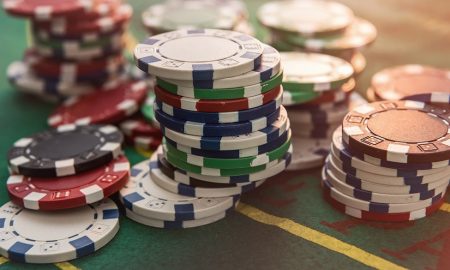


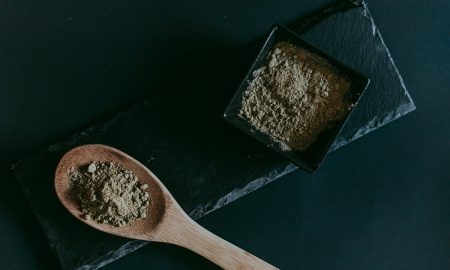
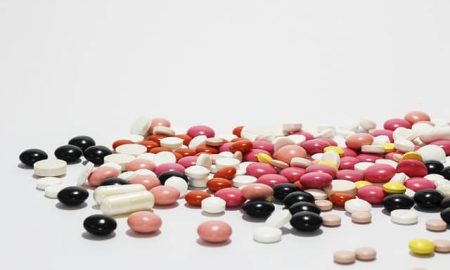

Follow Us